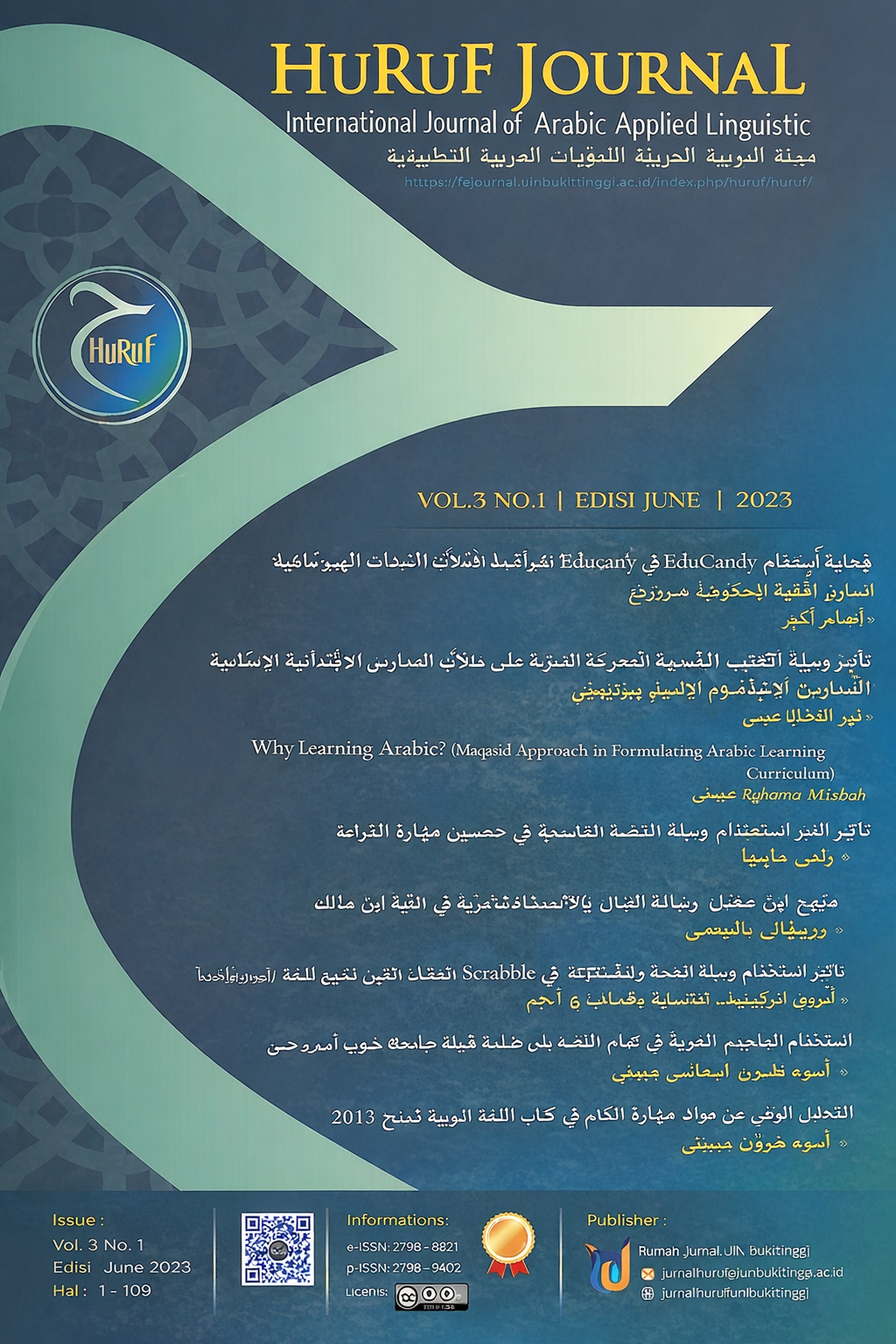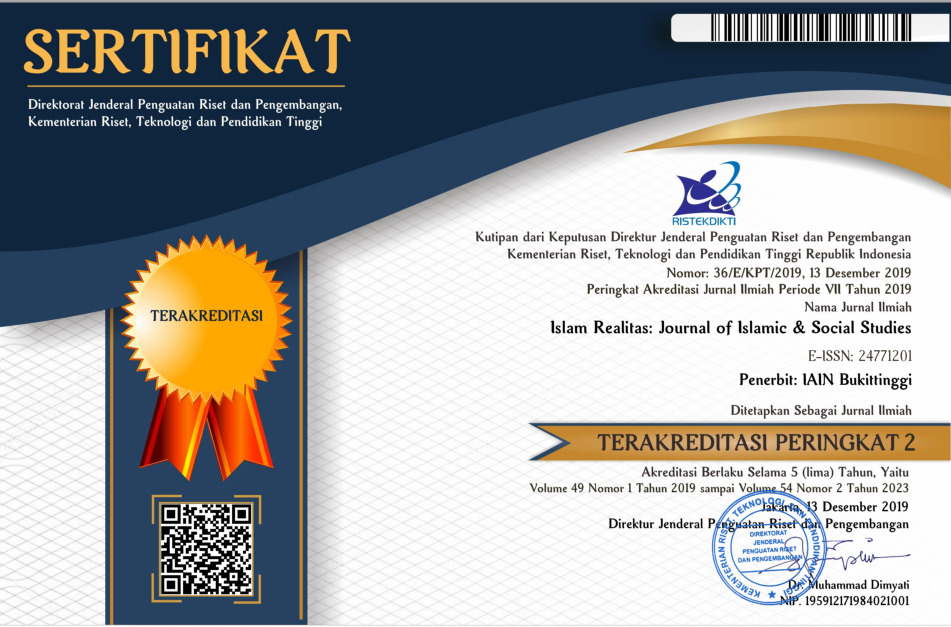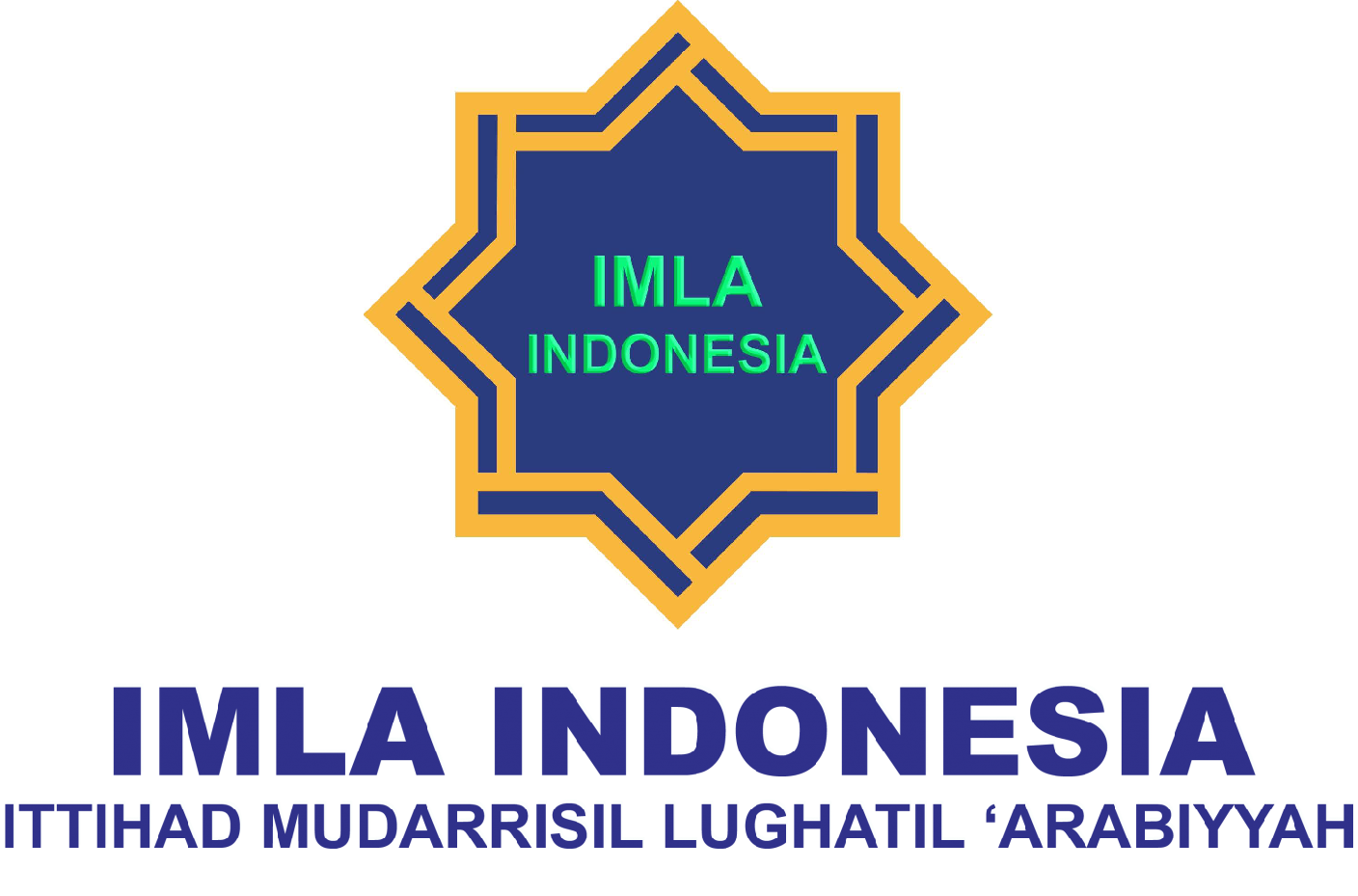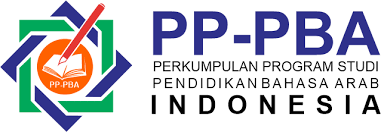IstikhdÄm al-MaÊ¿ajim al-Lughawiyyah fÄ« TaÊ¿alum al-Lughah al-Ê¿Arabiyyah Lada Ṭalabah JÄmiÊ¿ah JanÅ«b Sharq UnmÅ«dhajan
DOI:
https://doi.org/10.30983/huruf.v3i1.6246Keywords:
Language Dictionaries, Learning Arabic Language, Students of Department of Arabic LanguageAbstract
Dictionaries play major role in providing meanings and information of vocabulary in a language. language learners take benefits widely from these dictionaries in developing their language proficiency. This study focuses the extent of the use of language dictionaries and their types among students in the Department of Arabic Language at South Eastern University of Sri Lanka who learn Arabic as a foreign language and use it as the language tool for their subjects in their university studies. This study uses the descriptive method to analyze the primary data gathered from the questionnaire and the secondary data also, while the questionnaire is distributed in Tamil language among the students of first year. The study finds that the most of the students learn Arabic alongside their mother tongue, and they also use electronic dictionaries and Google translation to understand the meanings of obscure words in their learning of the Arabic language, and they prefer bilingual and trilingual dictionaries than monolingual dictionaries, and they indicate that the use of machine translation and lack of knowledge of using dictionaries and unwillingness to use them are reasons for the lack of use of language dictionaries among them.
إن المعاجم تأخذ دورا Ùعالا ÙÙŠ تقديم Ù…Ùاهيم المÙردات ومعلوماتها ÙÙŠ لغة ما. أما متعلمو اللغة Ùهم يستÙيدون بهذه المعاجم استÙادة كبيرة ÙÙŠ تنمية Øصيلتهم اللغوية. Ùهذه الدراسة تبØØ« عن مدى استخدام المعاجم اللغوية وأنواعها لدى طلبة ÙÙŠ قسم اللغة العربية ÙÙŠ جامعة جنوب شرق سريلانكا الذين يتعلمون اللغة العربية لغة أجنبية ويستخدمونها اللغة الوسيلة لموادهم ÙÙŠ دراساتهم الجامعية. انتهجت هذه الدراسة المنهج الوصÙÙŠ لتØليل المعلومات الأولية من الاستبانة والثنائية، أما الاستبانة Ùهي تتوزع باللغة التاملية بين طلبة المرØلة الأولى. ونتائج هذه الدراسة أظهرت أن جزءاً كبيرا من العينة يتعلمون اللغة العربية بجانب لغتهم الأم كما أنهم يستخدمون المعاجم الإلكترونية وترجمة جوجل Ù„Ùهم معاني الكلمات الغامضة ÙÙŠ تعلمهم اللغة العربية، كما أنهم ÙŠÙضلون المعاجم ثنائية اللغة وثلاثية اللغة على المعاجم Ø£Øادية اللغة من المعاجم اللغوية، ويشيرون إلى أن استخدام الترجمة الآلية وعدم المعرÙØ© باستخدام المعاجم وعدم الرغبة ÙÙŠ استخدامها أسباب لقلة استخدام المعاجم اللغوية.
References
Aboghunaim, Nada Mohsin, ‘The Effect of Monolingual and Bilingual Dictionary on the Foreign Language Learners’ Acquisition’, International Journal of Applied Linguistics and Translation, 5.4 (2019) <https://doi.org/https://doi.org/10.11648/j.ijalt.20190504.11>
Al-RabÄbiÊ¿ah, IbrÄhÄ«m Ḥasan MuÄmmad, ‘Al-ʿŪlamah Wa AtharuhÄ FÄ« TaÊ¿lÄ«m Al-Lughah Al-Ê¿Arabiyyah Li Al-NÄá¹iqÄ«n BihÄ. DirÄsÄt Al-InsÄniyyah Wa Al-IjtimÄÊ¿iyyah.’, University of Jordan Deanship of Academic Research (DAR), 45.4 (2018) <https://search.emarefa.net/detail/BIM-908828. >
Amrullah, ‘Al-QÄmÅ«s Al-Ê¿Arabiy FÄ« TadrÄ«s Al-Lughah Al-Ê¿Arabiyyah Lada TalÄmÄ«dh Al-á¹¢af Al-ThÄlith Bi Madrasah DÄr Al-NajÄḥ Al-Mutawassiá¹ah Al-IslÄmiyyah Ulujami Jakarta’ (UIN Syarif Hidayatullah Jakarta, 2006) <https://repository.uinjkt.ac.id/dspace/bitstream/123456789/20182/1/AMRULLAH-FITK.pdf >
Asy’ari, Hasyim, ‘Khasais Al-Lughah Al-’Arabiyyah Al-Fusha Wa Makaniha Fi Al-Din Al-Islamiy’, Jurnal Al Bayan; Jurnal Jurusan Pendidikan Bahasa Arab, Fakultas Tarbiyah Dan Keguruan UIN Raden Intan Lampung, 10.1 (2018) <https://doi.org/https://doi.org/10.24042/albayan.v10i01.2595>
Farween, MCS. Shathif and ARFS., ‘Vocabulary Ability Among the Students of the DDepartment of Arabic Language in South Eastern University of Sri Lanka’, in 5th International Symposium on Emerging Trends and Challenges in Multidisciplinary Research, SEUSL (South Eastern University of Sri Lanka, 2015) <http://ir.lib.seu.ac.lk/xmlui/handle/123456789/1293 >
Lisanul Uswahsadieda, Renaldi Bimantoro, Afik wildan Muzakie, T.A Bagus, Risqi Putri Rahmawati, ‘The Effect of Using Dictionary to Develop Students’ Vocabulary in MTs’, in International Conference on English Language Teaching (ATLANTIS PRESS, 2019) <https://doi.org/doi:10.2991/assehr.k.200427.036>
Muḥammad ḤÄj Hani, JamÄ«lah RuqÄb, ‘Al-MaÊ¿Äjim Fi Al-Baḥth Al-Lughawiy Wa Al-Adabiy Baina Al-IstiÊ¿mÄl Wa Al-IhmÄl’, Tahri Mohamed Bechar University Faculty of Letters and Foreign Languages Laboratory of Saharan Studies, 7.2 (2018) <https://search.emarefa.net/detail/BIM-927452>
SARIGÜL, Ece, ‘The Importance of Using Dictionary in Language Learning and Teaching’, SELÇUK ÜNIVERSITESI EDEBIYAT FAKÜLTESI DERGISI, 0.13 (2016) <https://doi.org/https://doaj.org/article/1f19e458472f443e9ab55bf2eb1b2d4a>
Umar, A.M., Al-Baḥth Al-Lughawiy Ê¿inda Al-Ê¿Arab Ma’a DirÄsah Li Qaá¸iyyah Al-Ta’thÄ«r Wa Al-Ta’athur, 6th edn (Ê¿Ä€lam al-Kutub, 1988)
Downloads
Published
How to Cite
Issue
Section
Citation Check
License
Copyright (c) 2023 A.R.F.S. Farween, M.S. Zunoomy

This work is licensed under a Creative Commons Attribution-ShareAlike 4.0 International License.
Authors who publish with this journal agree to the following terms:
- Authors retain copyright and grant the journal right of first publication with the work simultaneously licensed under a Creative Commons Attribution-ShareAlike 4.0 International Licensethat allows others to share the work with an acknowledgment of the work's authorship and initial publication in this journal.
- Authors are able to enter into separate, additional contractual arrangements for the non-exclusive distribution of the journal's published version of the work (e.g., post it to an institutional repository or publish it in a book), with an acknowledgment of its initial publication in this journal.
- Authors are permitted and encouraged to post their work online (e.g., in institutional repositories or on their website) prior to and during the submission process, as it can lead to productive exchanges, as well as earlier and greater citation of published work (See The Effect of Open Access).





